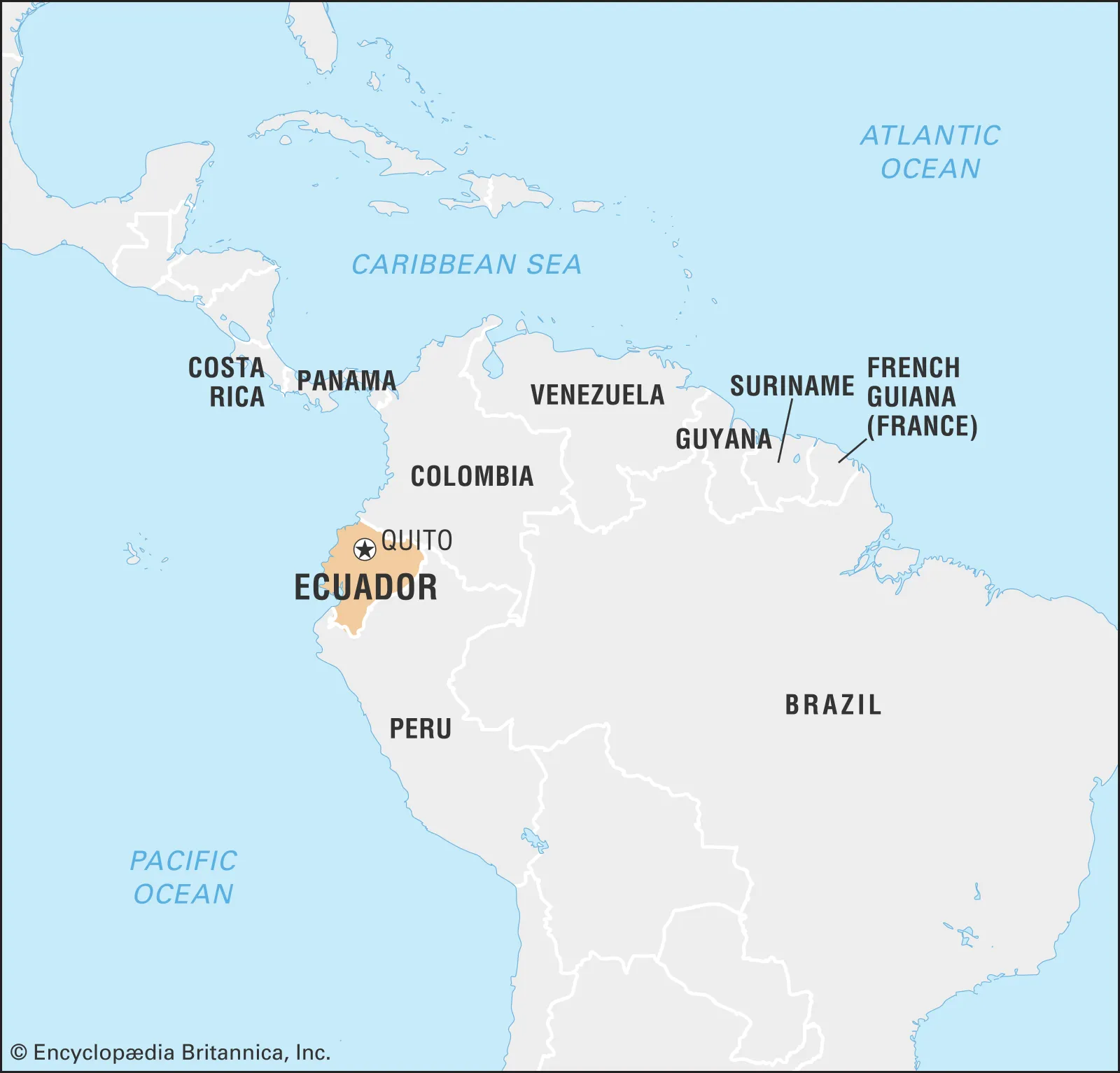
The Challenge

Ecuador is a country under transformation. While still considered a developing economy, the government has invested heavily in infrastructure and education resulting in vast improvements in the country’s prospects. However, there continues to be a legacy of poverty and illiteracy amongst the poorest indigenous communities. Many families move to Quito from the countryside looking for work, only to find limited opportunities for them in the city. As a result, many children leave the family home or are forced to work to support the family’s income. They face three threats:
- Physical and mental damage on the street and market: Because working children and youth spend most of their time on the streets and markets, they are much more exposed to sexual and physical assault, gang pressure, temptation to steal, prostitution, drug addiction, and health problems (scabies and lice, malnutrition, parasites, sleep deprivation, and environmental stress).
- Lack of stimulation: Many working children and young people do not receive the mental stimulation they need to reach the same level of mental development as their non-working peers. Many children perform such mundane, repetitive tasks (e.g., peeling potatoes) that they risk not even developing proper motor skills.
- Domestic violence: Abuse and physical, sexual and emotional abuse are common in families. The high number of alcoholics compounds these problems. Although attitudes are changing, many families still prioritise work over education because of the added expense and loss of income. For a family that must watch every penny to survive, sacrificing part of their annual income for education is often out of the question.
